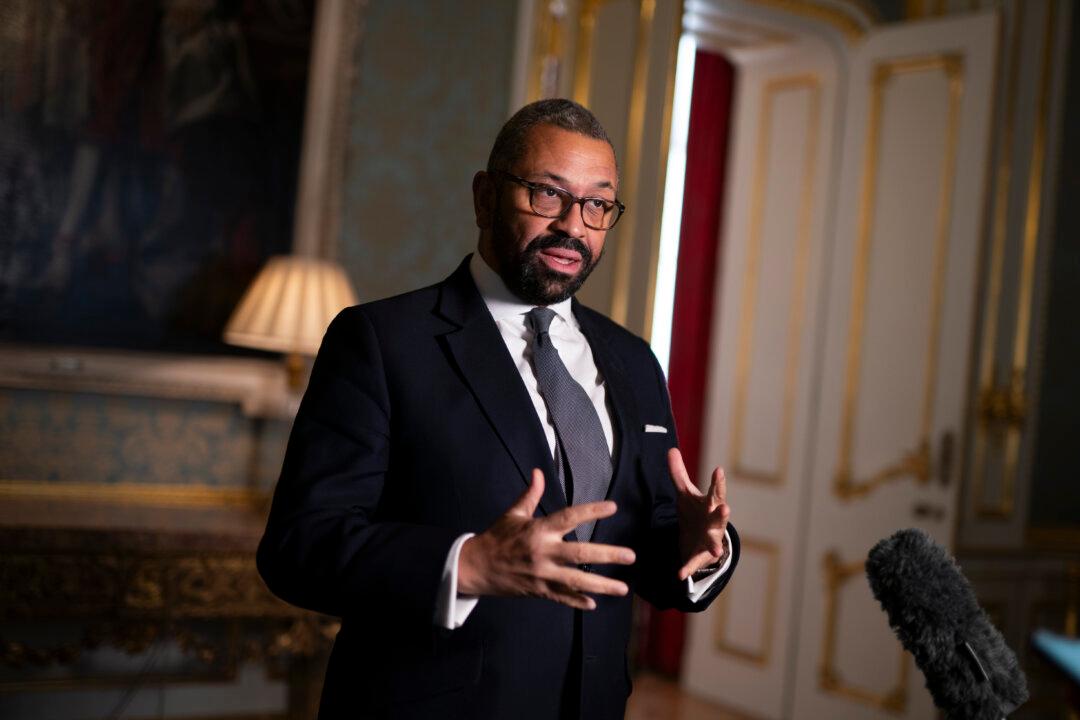The government has rowed back on plans to raise the minimum income needed to bring foreign family members to live in the UK.
On Thursday, the government confirmed they will increase the threshold to £29,000 in the spring, instead of £38,700.

The government has rowed back on plans to raise the minimum income needed to bring foreign family members to live in the UK.
On Thursday, the government confirmed they will increase the threshold to £29,000 in the spring, instead of £38,700.